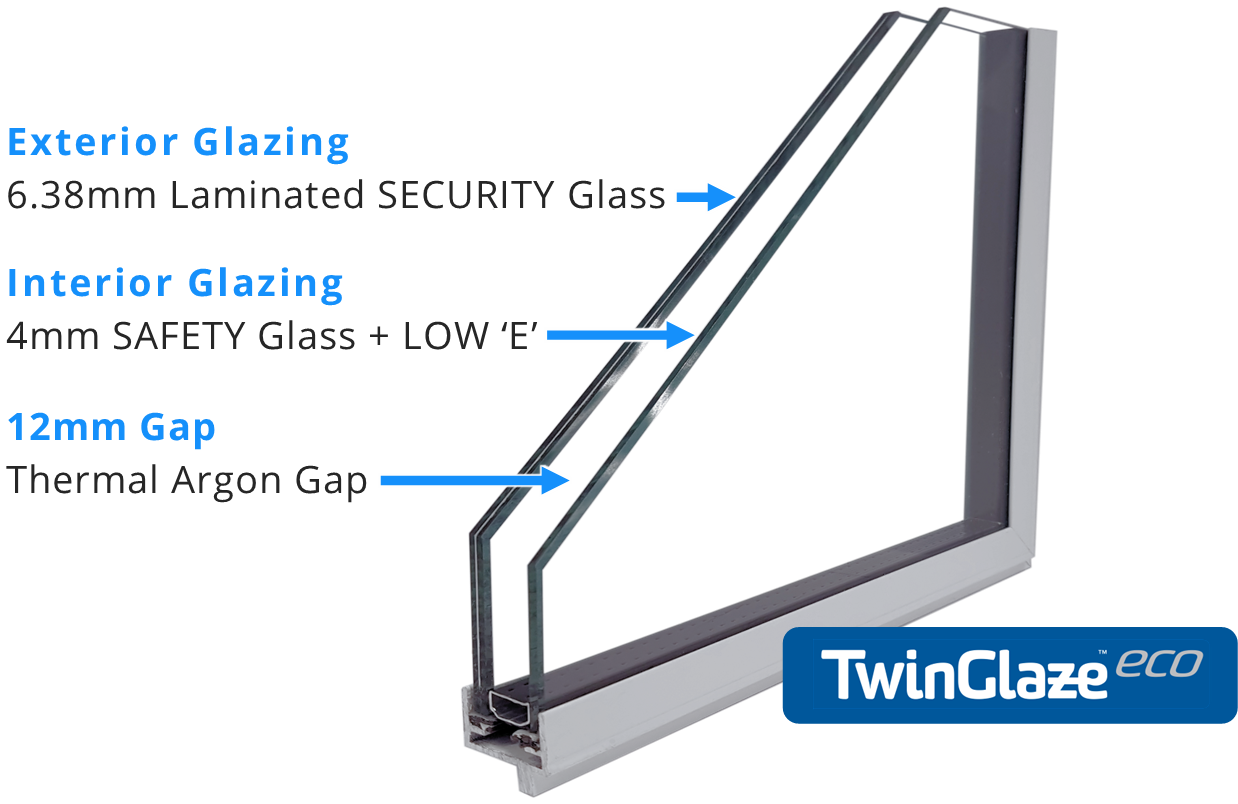All Categories
Featured
Table of Contents
The Science Behind Double Glazed Windows in Balcatta WA
Laminated glass is often used in locations in the home most prone to injury from human effect such as bathrooms, doors, around staircases and in areas near the flooring (it meets the requirements of 'security glass' that is mandated for usage in these locations by Australian Standard AS 1288 Glass in structures).
Toughened glass has actually been 'tempered' by being reheated and rapidly cooled again. This process makes it much stronger than basic glass it can withstand higher impact loads before breaking. It likewise makes it safer due to the fact that, when it does shatter, it burglarizes lots of little cubic pieces instead of harmful shards.
How Does Double Glazing Keep Heat Out? in South Guildford WA
Toughened glass has no thermal or acoustic benefits over other glass of the very same toning or density. Secondary glazing is where single-glazed windows are retrofitted with a transparent acrylic or glass sheet connected to the inside of the frame or openable sash with a secondary frame or with magnetic strips.


Secondary glazing will not carry out too thermally as a produced IGU, considering that it is difficult to completely seal the perimeter, but it can provide excellent noise control. Window movies are a thin polymer movie consisting of a taking in color or reflective metal layer, with an adhesive backing. They stay with your glazing to change its colour or make it reflective.
Why Double-glazed Windows Are A Must in Bicton Western Australia
Applied to existing glass, some window movies can cut in half the overall SHGC of the window by taking in and/or showing solar radiation. This can be particularly advantageous in hotter climates where cooling is the primary issue, or on east and west elevations straight exposed to long periods of sunlight. Nevertheless, window films may likewise reduce visible light transmittance.

For this reason, it is generally best to utilize an accredited installer of window film. Frames have a substantial impact on the thermal efficiency of doors and windows, due to the fact that energy can be acquired and lost through the frame, in addition to through the glass. Various types of frame will permit various levels of heat gain and loss, so mindful choice of frame is necessary for effective passive style.
Keeping Your House Cool In The Summer in Balcatta Western Australia
Aluminium is likewise a really excellent conductor of heat and will reduce the insulating value of a glazing unit, unless specifically engineered to reduce this. A 'thermally broken' frame is made up of 2 aluminium sections linked by a structural insulator (usually a low-conductivity structural polymer). This 'breaks' the thermal connection through the aluminium and decreases the heat streaming through the frame.
Wood frames are a great natural insulator that can match some home styles. Lumber frames must be made from species that have naturally high durability or be treated to avoid decay and contortion.
Summer Scorcher Predicted, Again! Double Glazed ... in Beechboro Perth
This can result in gaps that permit air seepage unless great draught sealing (weather condition stripping) is installed. u, PVC is a form of plastic (unplasticised polyvinyl chloride, also referred to as stiff PVC). u, PVC frames supply outstanding thermal efficiency, typically much better than lumber or thermally damaged aluminium. u, PVC is long lasting and needs very little upkeep, and can be moulded into complex profiles that supply exceptional air seals.
u, PVC windows and doors have exceptional thermal performance Image: Ben Wrigley (Light House Architecture and Science) Composite frames use aluminium profiles on the outer areas with either a timber or u, PVC inner section. These integrate the low upkeep and toughness of aluminium with much improved thermal performance.
Table of Contents
Latest Posts
Does Double Glazing Keep Heat Out in South Fremantle Perth
Which Double Glazed Windows Are Best For Summer? in Kalamunda WA
Why Install Stunning Double Glazing Windows During Summer? in Hamilton Hill Perth
More
Latest Posts
Does Double Glazing Keep Heat Out in South Fremantle Perth
Which Double Glazed Windows Are Best For Summer? in Kalamunda WA
Why Install Stunning Double Glazing Windows During Summer? in Hamilton Hill Perth